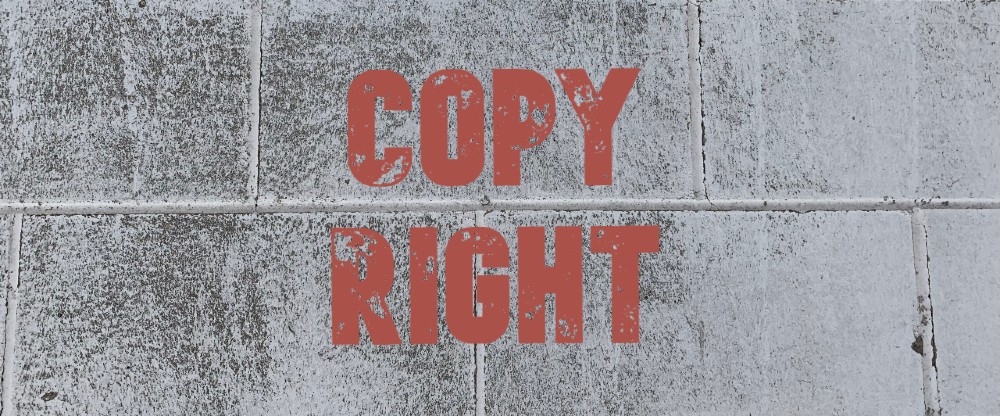
Plaintiff authors sued large language model provider OpenAI and related entities for copyright infringement, alleging that plaintiffs’ books were used to train ChatGPT. Plaintiffs asserted six causes of action against various OpenAI entities: (1) direct copyright infringement, (2) vicarious infringement, (3) violation of Section 1202(b) of the Digital Millennium Copyright Act (“DMCA”), (4) unfair competition under Cal. Bus. & Prof. Code Section 17200, (5) negligence, and (6) unjust enrichment.
Open AI moved to dismiss all of these claims except for the direct copyright infringement claim. The court granted the motion as to almost all the claims.
Vicarious liability claim dismissed
The court dismissed the claim for vicarious liability because plaintiffs did not successfully plead that direct copying occurs from use of the software. Citing to A&M Recs., Inc. v. Napster, Inc., 239 F.3d 1004, 1013 n.2 (9th Cir. 2001) aff’d, 284 F.3d 1091 (2002) the court noted that “[s]econdary liability for copyright infringement does not exist in the absence of direct infringement by a third party.” More specifically, the court dismissed the claim because plaintiffs had not alleged either direct copying when the outputs are generated, nor had they alleged “substantial similarity” between the ChatGPT outputs and plaintiffs’ works.
DMCA claims dismissed
The DMCA – at 17 U.S.C. 1202(b) – requires a defendant’s knowledge or “reasonable grounds to know” that the defendant’s removal of copyright management information (“CMI”) would “induce, enable, facilitate, or conceal an infringement.” Plaintiffs alleged “by design,” OpenAI removed CMI from the copyrighted books during the training process. But the court found that plaintiffs provided no factual support for that assertion. Moreover, the court found that even if plaintiffs had successfully asserted such facts, they had not provided any facts showing how the omitted CMI would induce, enable, facilitate or conceal infringement.
The other portion of the DMCA relevant to the lawsuit – Section 1202(b)(3) – prohibits the distribution of a plaintiff’s work without the plaintiff’s CMI included. In rejecting plaintiff’s assertions that defendants violated this provision, the court looked to the plain language of the statute. It noted that liability requires distributing the original “works” or “copies of [the] works.” Plaintiffs had not alleged that defendants distributed their books or copies of their books. Instead, they alleged that “every output from the OpenAI Language Models is an infringing derivative work” without providing any indication as to what such outputs entail – i.e., whether they were the copyrighted books or copies of the books.
Unfair competition claim survived
Plaintiffs asserted that defendants had violated California’s unfair competition statute based on “unlawful,” “fraudulent,” and “unfair” practices. As for the unlawful and fraudulent practices, these relied on the DMCA claims, which the court had already dismissed. So the unfair competition theory could not move forward on those grounds. But the court did find that plaintiffs had alleged sufficient facts to support the claim that it was “unfair” to use plaintiffs works without compensation to train the ChatGPT model.
Negligence claim dismissed
Plaintiffs alleged that defendants owed them a duty of care based on the control of plaintiffs’ information in their possession and breached their duty by “negligently, carelessly, and recklessly collecting, maintaining, and controlling systems – including ChatGPT – which are trained on Plaintiffs’ [copyrighted] works.” The court dismissed this claim, finding that there were insufficient facts showing that defendants owed plaintiffs a duty in this situation.
Unjust enrichment claim dismissed
Plaintiffs alleged that defendants were unjustly enriched by using plaintiffs’ copyright protected works to train the large language model. The court dismissed this claim because plaintiff had not alleged sufficient facts to show that plaintiffs had conferred any benefit onto OpenAI through “mistake, fraud, or coercion.”
Tremblay v. OpenAI, Inc., 2024 WL 557720 (N.D. Cal., February 12, 2024)
See also:
